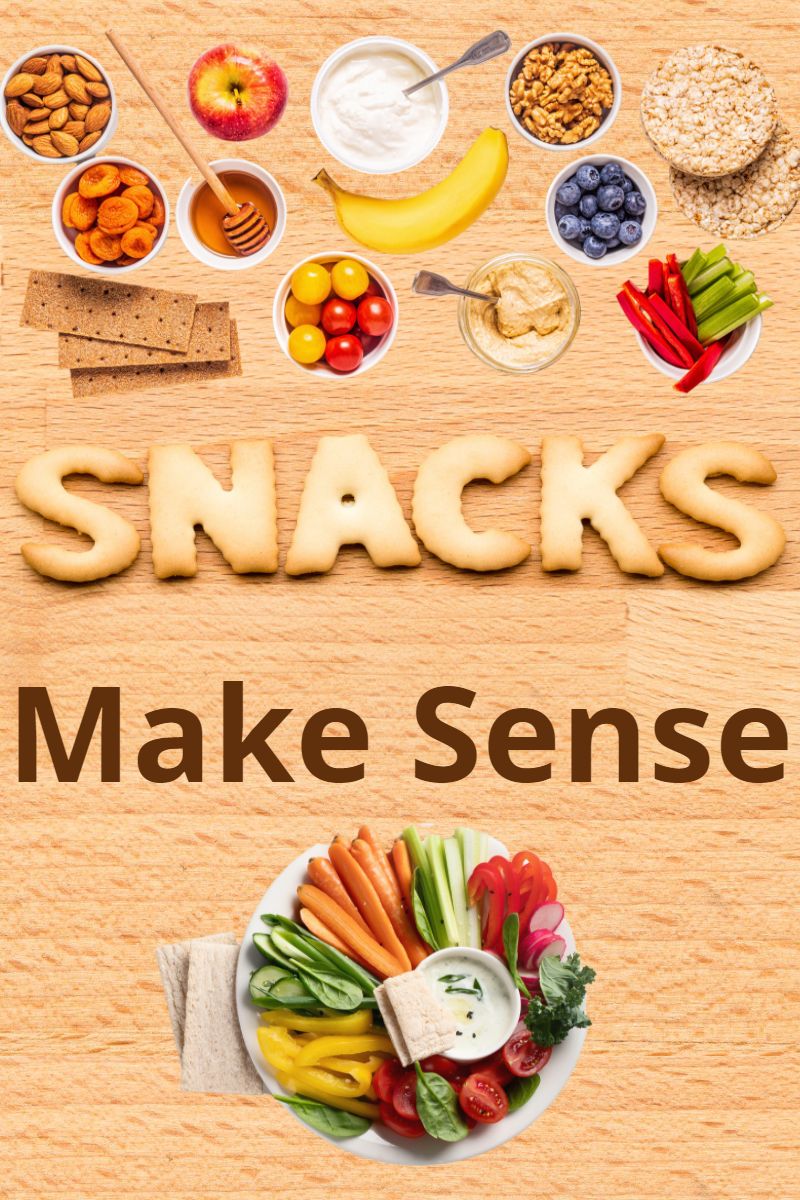
Snacking is an essential part of a healthy lifestyle. Controlling hunger, by eating reasonably throughout the day, allows us to protect ourselves from losing steam. Going too long between meals results in a dip in your blood sugar (glucose) which can often leave you feeling sluggish. Snacking strategically will provide your body with the energy it needs, increase your attention-span and even improve your mood! By incorporating healthy snacks into your day, you may find that you have more energy to exercise and do the things you enjoy most.
What is a healthy snack?
Snacks should be thought of as “mini-meals” consisting of nutrient-rich foods around 100-250 calories. A nutritious snack usually includes a carbohydrate, a protein and a fat component:
- Carbohydrates are your body’s main fuel source. When snacking, carbs provide your body with a quick source of fuel (sugar). Try to eat natural sources of carbohydrates and avoid added sugars like high fructose corn syrup, fruit juice concentrate and others. Carbs that come from fruits and whole grains provide fiber and disease fighting nutrients in addition to providing a sugar boost.
- Protein is an important source of energy and calories. It helps provide sustained energy and focus. Protein from the plants, such as beans, nuts and vegetables are great ideas because they provide antioxidants and other vitamins and minerals. Lean meats are also a good idea, but pay attention to portion sizes and sodium.
- Fat is your body’s third source of energy. Fats help satisfy your taste buds. The USDA suggests that about 30% of our daily calories come from fats, but most of these should be from non-animal based sources. Milks, meats and cheeses contain saturated fats and should be limited to lower our risk of heart disease and stroke. Fats from other sources provide calories and taste and may improve cholesterol levels. Trans-fats, identified by the words hydrogenated or partially hydrogenated, should be avoided at all costs.
Take control and choose healthy snacks by using the suggestions below.
Homemade Snacks. Stock up on healthy staples to keep at home or in the office. Most of the fat grams listed come from healthy sources:
- Home-made trail mix: combine ¼ cup each of walnuts, pistachios, almonds, raisins, dried cherries, and pepitas (roasted pumpkin seeds.) Divide into ¼ cup portions.
Calories: 130, Fat: 6 grams (mostly healthy), Protein: 3 grams
- Edamame: Edamame can be bought frozen or fresh. Steam 1 cup of edamame. Lightly toss with a teaspoon of sesame oil and salt.
Calories: 190, Fat: 5.5 grams, Protein: 4 grams
- Whole wheat pita (1 medium size) with 2 tablespoons of hummus:
Calories: 180, Fat: 1 gram, Protein: 4.5 grams
- Pita PB&B: 1 medium size whole wheat pita spread with 1 tablespoon of natural peanut butter and ½ banana sliced.
Calories: 150, Fat: 8 grams, Protein: 4 grams
- Tuna/salsa mix: 1 pouch light tuna packed in water with 2 tablespoons of salsa
Calories: 100, Fat: 1 gram, Protein: 20 grams
- Turkey wrap: 2 oz. of sliced low-sodium, low-fat turkey wrapped in a lettuce leaf with 1 oz light swiss cheese and 1 small slice of avocado.
Calories: 255, Fat: 14 grams, Protein: 24 grams
Vending Machine. If you’re running out the door in a rush or a vending machine is your only option, consider choosing one of these healthier snack options:
- Kellogg’s Low Fat Granola Crunch Blends: 160 Calories; 2g fiber per bar
- Smartfood Reduced-Fat Popcorn: 120 Calories; 2g fiber per bag
- Planters Sunflower Kernels: 160 calories; 4g fiber per 1/4 cup serving with plenty of healthy fats.
- Sun Chips: 130-140 calories per bag (depending on flavor), 2g fiber per bag. Better choice than potato chips or most pretzels.
Continue reading September 2021 Newsletter: Fall Family Fitness
